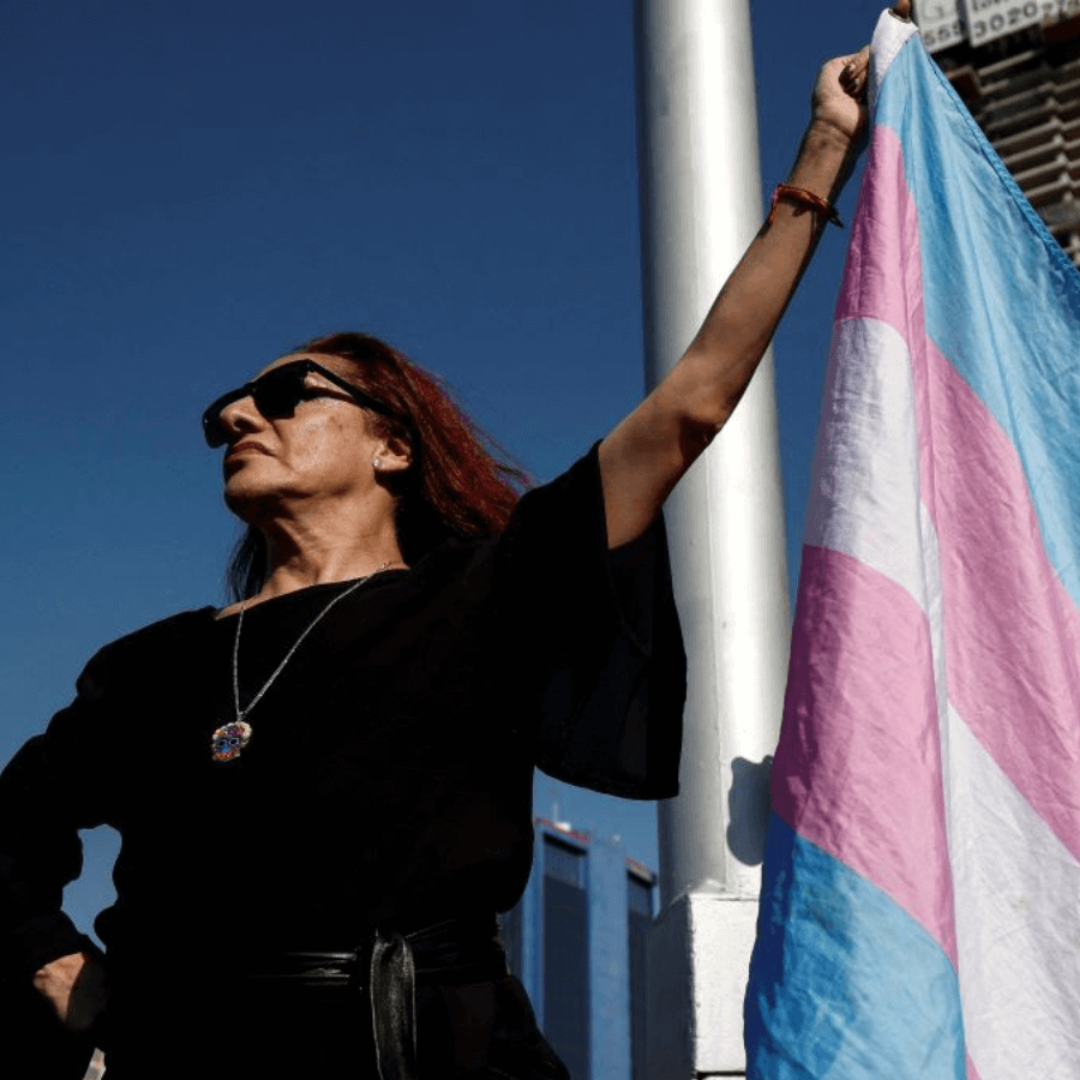En México, el transfeminicidio continúa siendo un crimen marcado por la impunidad y una alarmante tasa de violencia. According to recent data, in the first nine months of 2024, at least 55 women trans have been murdered, surpassing the number of transfeminicidios documented in 2023[1][2].
These crimes are characterized by extreme violence, including the use of firearms, golpes, and tortura. In many cases, the perpetrators remain unknown and no arrests have been made. For instance, in the majority of the transfeminicidios documented in 2024, the victimizers are still unidentified and no one has been detained[1].
The Comisión Interamericana de Derechos Humanos (CIDH) has expressed concern over the increasing violence against trans women in Mexico and has urged the Mexican government to take measures to prevent and punish these acts. The CIDH emphasized the need for a thorough investigation to avoid a situation of impunity[1].
The Ciudad de México is the region with the highest number of documented transfeminicidios, followed by Jalisco, Morelos, Tabasco, and Nuevo León. Many of the victims were involved in sex work and lived in vulnerable conditions, often having been displaced from other parts of the country[2].
Despite the recent approval of the Ley Paola Buenrostro, which criminalizes transfeminicidio in the Ciudad de México, the implementation of this law and ensuring it becomes a social norm remain significant challenges. The law aims to address the high rate of impunity in these cases, but experts warn that it may face similar issues as other laws related to feminicidio, which have not fully addressed the problem of impunity[3].
The situation highlights the severe disparities and vulnerabilities faced by trans women in Mexico, who have a significantly lower life expectancy compared to the general population due to violence and discrimination[3].

